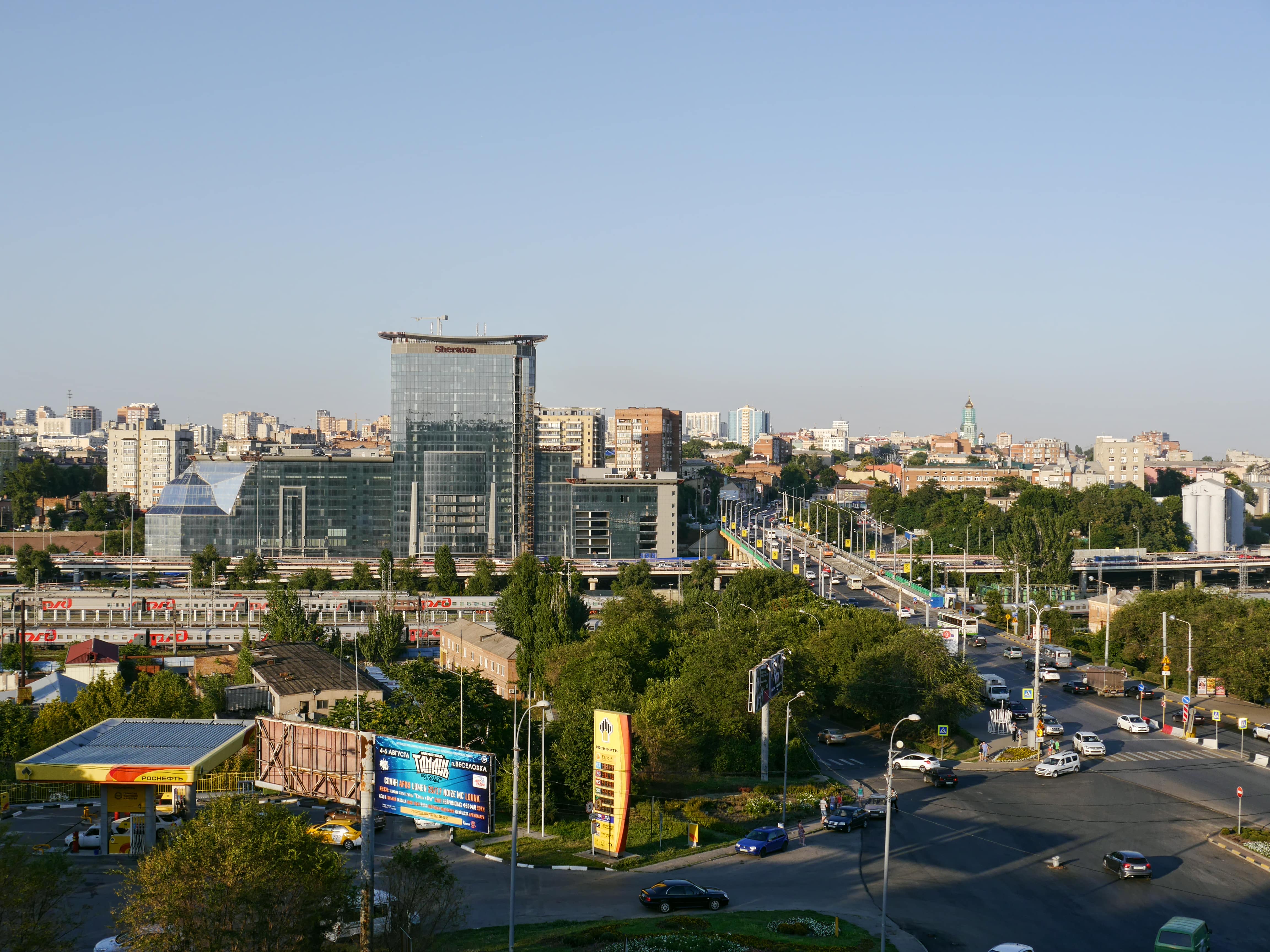Montreal Short-term Rental Regulations in 2024
Before you read, please note that:
StayPro is a full service property management platform that updates video reports for each turnover, and shares them with Airbnb hosts via an integrated user system. Regular video evidence of your property will ensure that you can document the changing condition of your property without ever needing to be on scene.
Not to mention that StayPro's services ensure a safe and contactless check-in process for guests and housekeepers. For hosts, no management work is required, so you can get income effortlessly.
Our professional short-term rental experts train the housekeepers to perform quality cleaning & pay attention to details. On top of that, StayPro also sets-up a full protocol to guarantee smooth turnovers and more revenue.
You can skip shopping for a massive amount of spare beddings, shampoos, smart-home devices and towels & save more by simply renting every utility from StayPro! StayPro clients can manage item rental options and restocking amenities on their personal user system.
Need our service? Sign-up here to start a StayPro management package.
Or, subscribe to StayPro's property management service to learn everything you need to know about short-term rentals.

To help Montreal hosts, we wrote this guide as your tool rather than a licensing reference or a what-you-should-do guide. Please refer to Airbnb Support Page - Montreal, for a complete regulation guide, and visit the city website.
What are the main regulations regarding short-term rentals outlined by the city of Montreal?
-
Permit Requirement: Property owners who want to advertise their property on Airbnb are required to obtain a permit – called a classification certificate – issued by the Corporation de l’Industrie Touristique du Québec (CITQ) if they plan on renting a residential unit:
-
to tourists,
-
for periods of 31 days or less (by night, week or weekend),
-
for a fee.
-
-
Primary Residence: In order to receive the permit, the property must be classified as your primary residence. This aims at stopping the commercialization of multiple properties simply for tourist accommodation.
-
Maximum Rental Period: In Montreal, there is no maximum occupancy you can reach, like in Toronto. Hosts can rent all year round and get 100% occupancy if they can.
-
Registration Display: Hosts must display their unique establishment number in their short-term rental advertisements, aka on their Airbnb profiles.
What Is the Primary Residency Requirement?
In order to obtain the short-term rental permit, the property must be the short-term rental operator’s primary residence. The logic behind this expectation is that it will limit the amount of Airbnbs on the market.
How Do I Obtain the CITQ Short-Term Rental Permit?
-
Verify Municipal Compliance: Property owners should make sure they are complying with municipal planning regulations. The CITQ requires a notice of compliance from the municipality, confirming the authorised use. You need to fill out this form and submit it to the municipality for a signature.
-
Apply to CITQ: If the Notice of Compliance is received from the municipality, you can continue to the next steps. Most Airbnb hosts are operating a Principal Residence Establishment. Therefore, you would need to submit the registration application and required documents to the CITQ.
-
Liability Insurance: Provide proof of at least $2 million in liability insurance during the application process.
-
Pay the Fees: Complete and return additional documents sent by CITQ, accompanied by the necessary registration fees.
According to the CITQ website: "The fee for a registration or renewal for a Primary Residence Establishment is $50.
Is My Property in an Authorised Area?
In Montreal, only properties in certain authorised areas are eligible to receive a permit. Those areas can be found by going to the city website.
Is There a Limit on the Number of Bedrooms I Can Rent Out?
No, there is no limit.
What About My Community?
Property owners are responsible for keeping noise levels reasonable and ensuring a positive relationship with neighbours. If you are worried about attracting noisy guests, please read our article about Technology in Short-term Rentals.
How Does Montreal Enforce Short-Term Rental Regulations?
The City of Montreal employs various enforcement measures, including penalties, fines, or permit revocation, to ensure compliance with short-term rental regulations.
What Should I Buy for My Short-Term Rental Property?
StayPro recommends you read our article 10 Airbnb Inventory Mistakes Hosts Have Been Making! to learn about the common mistakes and useful things to have in your property.
Montreal Market in Late 2023:
As of September 1st, 2023, Montreal has implemented stricter measures to ensure compliance with short-term rental regulations. The city (and the whole province as a matter of fact) now requires hosts to upload the permit before officially publishing an Airbnb listing. This has proved to be a powerful deterrent against illegal rentals by easily removing non-compliant listings from the short-term rental market. While this might appear at first as a major setback, it has a positive side. With a reduced number of illegal Airbnbs, the market has less competition and provides ample opportunity for compliant hosts. Hosts with permits will have a safer and more stable hosting experience.
Since we do not update the article in real time, please make sure that the information is still applicable. StayPro advises that you do your own research as this article is not comprehensive, and does not constitute legal or tax advice.
Earn from your property effortlessly!
Full management package supports remote monitoring, cleaning, 24/7 guest support & more.